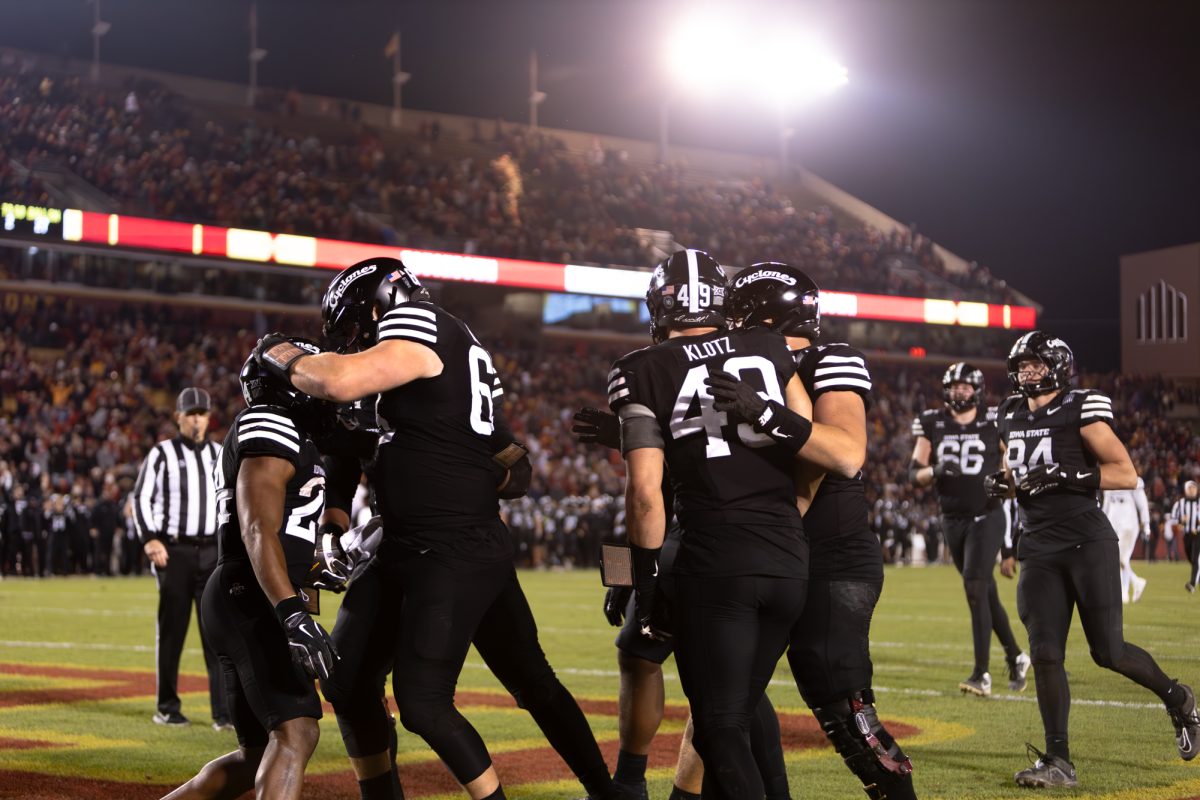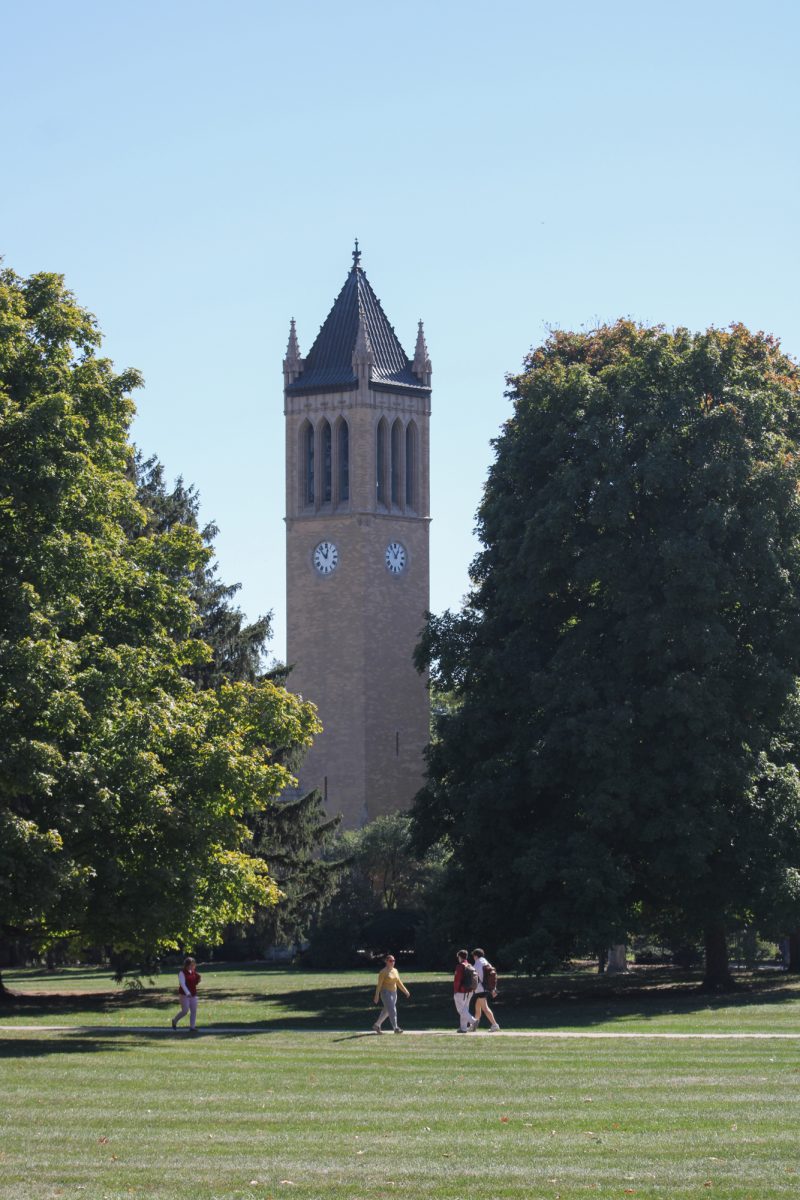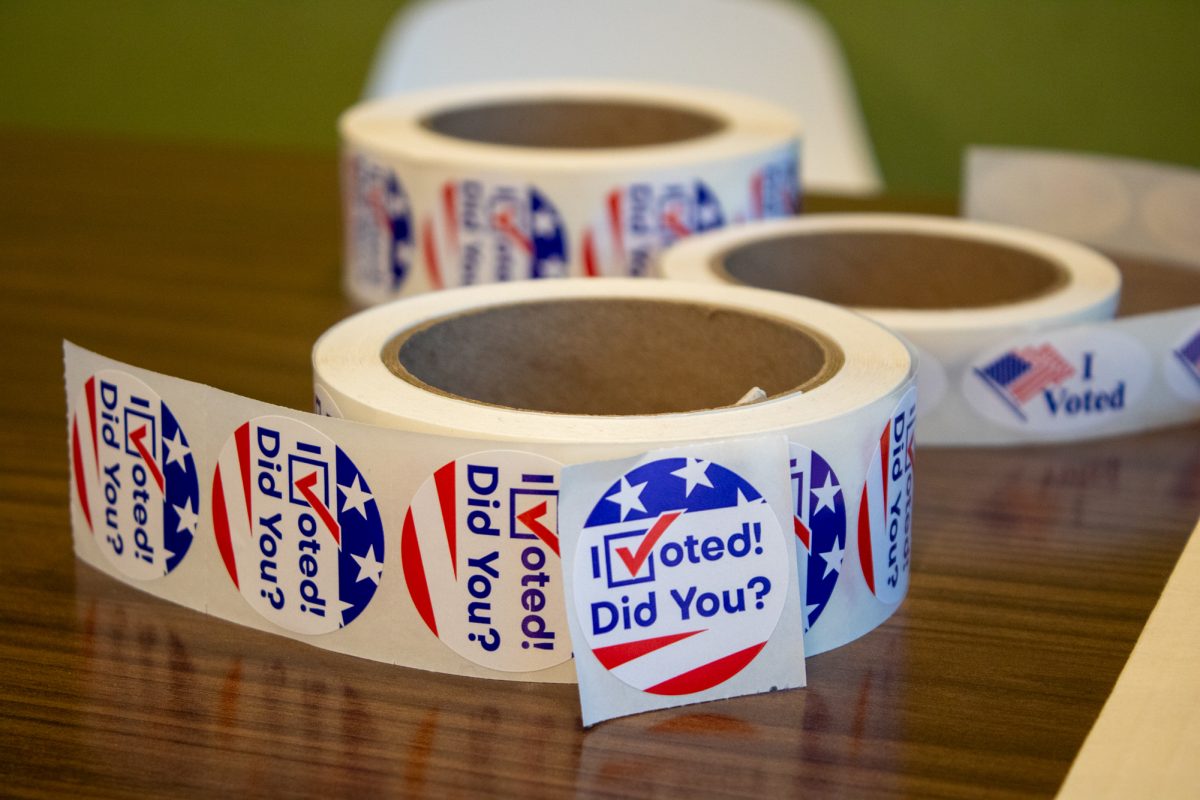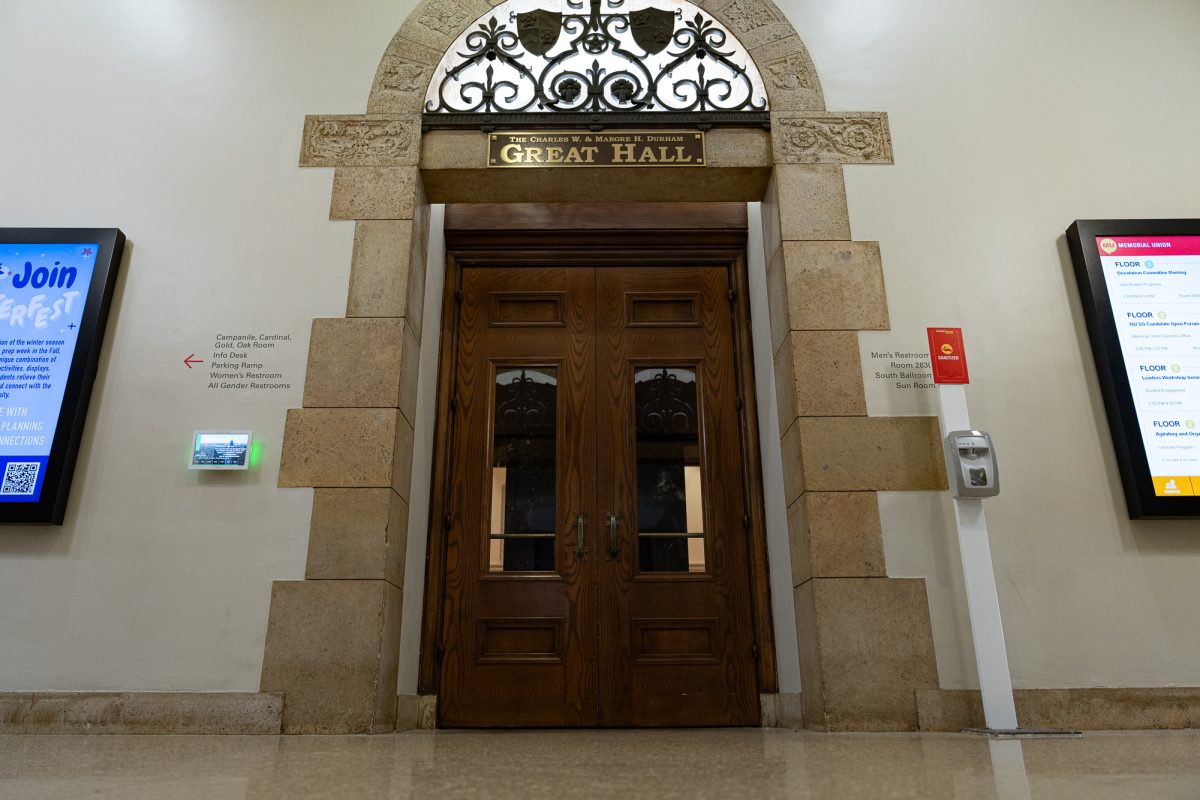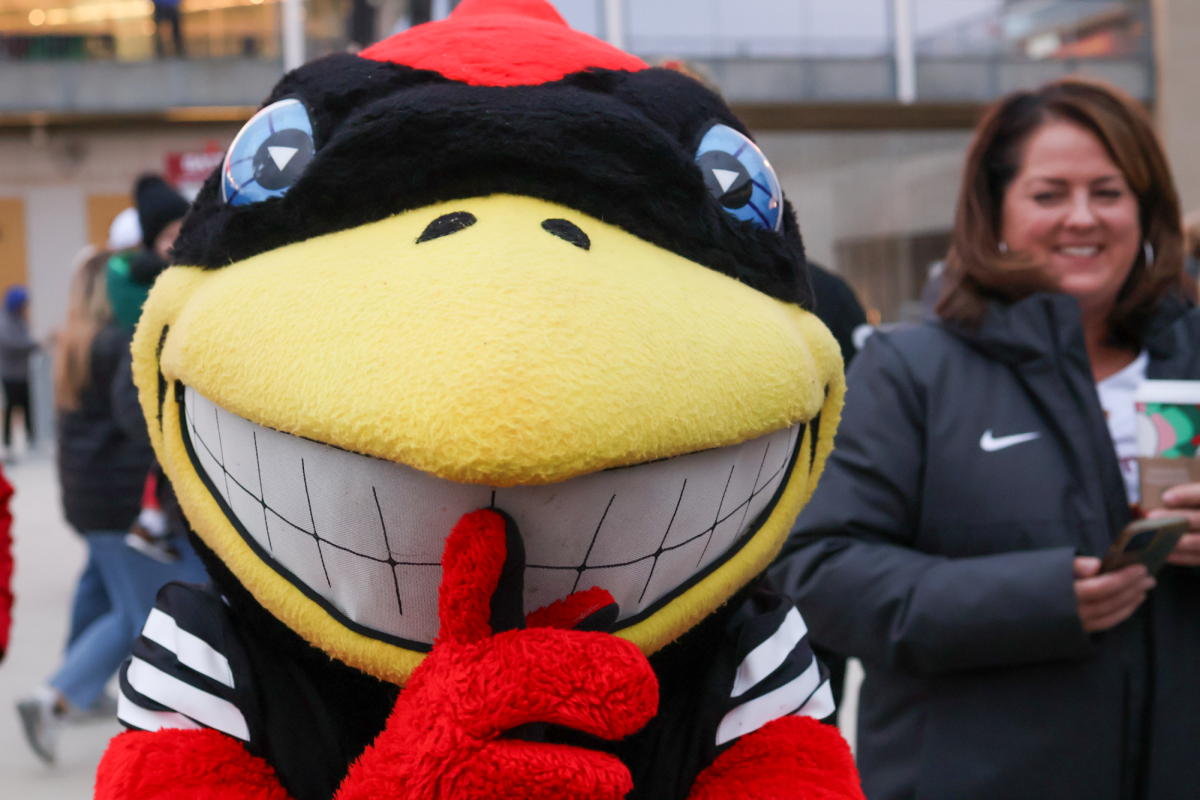American Indian organization’s display protests Columbus Day
October 13, 2003
American Indians would like to set the record straight about Christopher Columbus and his discovery of the New World in 1492.
Irma White, adviser to the ISU chapter of the American Indian Rights Organization and program assistant in minority student affairs, said “Columbus was lost” when he discovered America.
“His idea was to find a new route to India for trade,” said White, a member of the Winnebago Nation of Nebraska. “He missed his intended destination, and we as native peoples have suffered for that ever since.”
The American Indian Rights Organization was behind a display outside the Memorial Union Monday, which was Columbus Day, to inform passers-by of a different side to the federal holiday. About five members were present.
White said Columbus tried to cover up his error by naming the peoples of the new world “Indians.”
“We are trying to get the point across that we are indeed not Indians,” White said. “Instead of Indians, we would prefer to be called ‘People of the Earth.’ It really behooves us as a people to say that Columbus discovered us.”
In many cases, the native people were more advanced than the supposedly more civilized Europeans, White said.
“We as a people were pretty advanced by the time Columbus landed here. We had an advanced civilization that was already well-versed in things like agriculture, architecture and medicine,” she said.
Jeanne Ballanger, senior in animal ecology and president of the American Indian Rights Organization, said in terms of agriculture, American Indians were already growing many of the things Europeans take credit for by the time Columbus arrived.
“Potatoes are one crop that comes to mind,” Ballanger said. “Contrary to popular opinion, the potato did not originate in Ireland.”
Ballanger said the main point she hoped people would take away from the display is Columbus did more harm than good. Her primary goal was to change the way people look at the holiday.
For instance, Ballanger said there was a letter Columbus sent back to the king and queen of Spain about how kind the native people were. That letter also had a dark side, she said.
“Columbus went on to describe the natives as having no ambition and as not being very smart,” Ballanger said. “Then he said they would make perfect slaves. In fact, many of them were penned up and sent to back to Spain. It was a terrible thing.”


